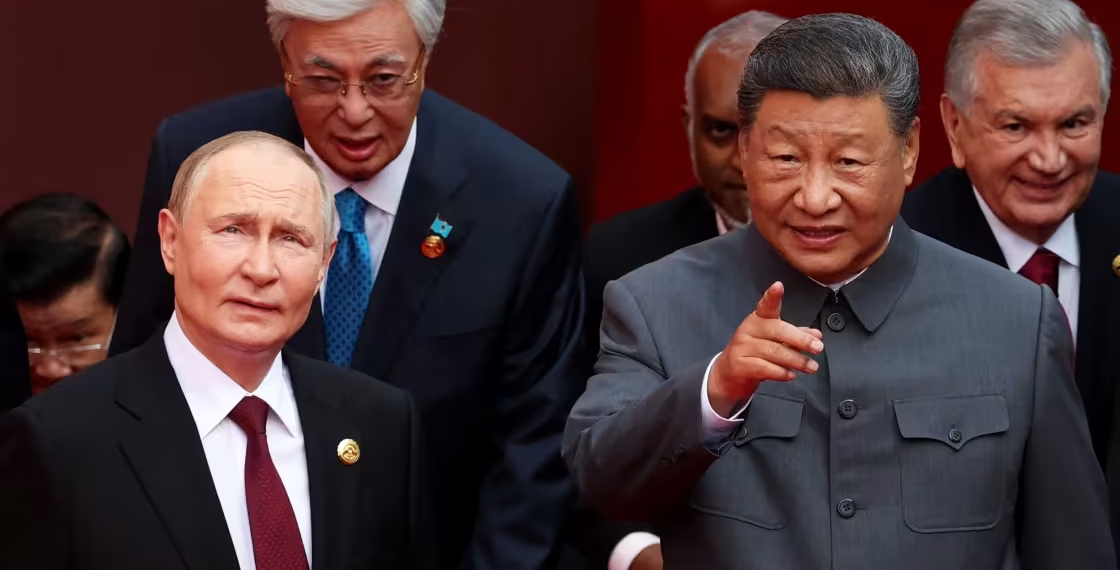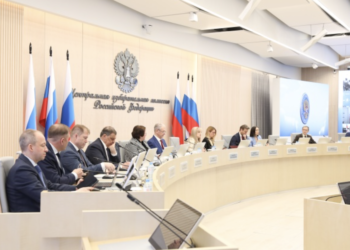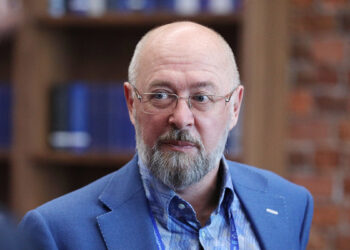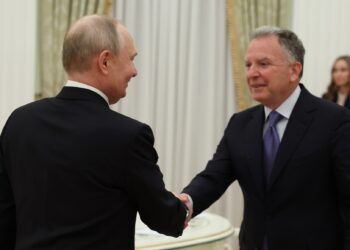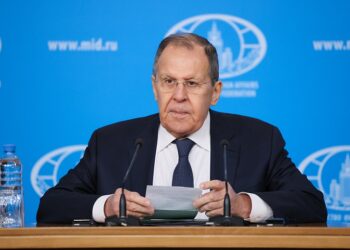VLADIVOSTOK (Realist English). Russia has pledged to expand cooperation with China in the Arctic and deepen ties in energy and financial infrastructure, while Beijing indicated readiness to work with Moscow on artificial intelligence. The commitments were voiced during the Eastern Economic Forum in Vladivostok, days after President Vladimir Putin met Chinese leader Xi Jinping in Beijing.
Addressing the plenary session, Putin said Moscow and Beijing had already discussed the possibility of Arctic cooperation, including trilateral projects in oil and gas, though he did not specify who the third party might be. “A political decision is only needed for that. Nevertheless, it is possible. It will also be mutually beneficial,” the Russian leader noted.
While Sino-Russian relations are described by both sides as being at a historic high, Moscow has until recently limited Arctic cooperation to scientific and some military projects. Putin’s comments mark one of the clearest signals of openness to broader collaboration.
Li Hongzhong, vice-chairman of China’s National People’s Congress Standing Committee, told the forum that the leaders of both countries had “reached a consensus” on artificial intelligence cooperation. He added that Russia’s Far East could serve as a platform for joint projects. Although Beijing’s official readout did not mention AI, the statement aligns with Xi’s earlier pledge at the Shanghai Cooperation Organisation summit to deepen cooperation in emerging technologies.
Russia’s Sberbank has already announced plans for joint AI initiatives with Chinese researchers, with deputy chairman Alexander Vedyakhin confirming work with Chinese model developers and proposing “joint institutions and laboratories.” He stressed the importance of ensuring computing power independent of the US and EU.
In energy, Putin highlighted the recently signed memorandum on the Power of Siberia 2 gas pipeline, designed to supply northern China with natural gas from western Siberia. He called the project “mutually beneficial,” noting that pricing would follow a formula similar to that used for European deliveries. China already imported over 100 million tonnes of Russian crude oil last year, nearly 20% of its energy imports.
Financial cooperation was also in focus. Russian officials again promoted the creation of a joint financial infrastructure, including payment systems and settlement mechanisms, as a way to bypass Western sanctions while supporting Beijing’s drive to internationalise the yuan.
On the sidelines of the forum, Putin met Li Hongzhong and confirmed that Russia would introduce a reciprocal visa-free regime for Chinese citizens. Starting September 15, Chinese nationals will be able to enter Russia without a visa for up to 30 days, following a similar measure recently introduced for Russian citizens travelling to China.


